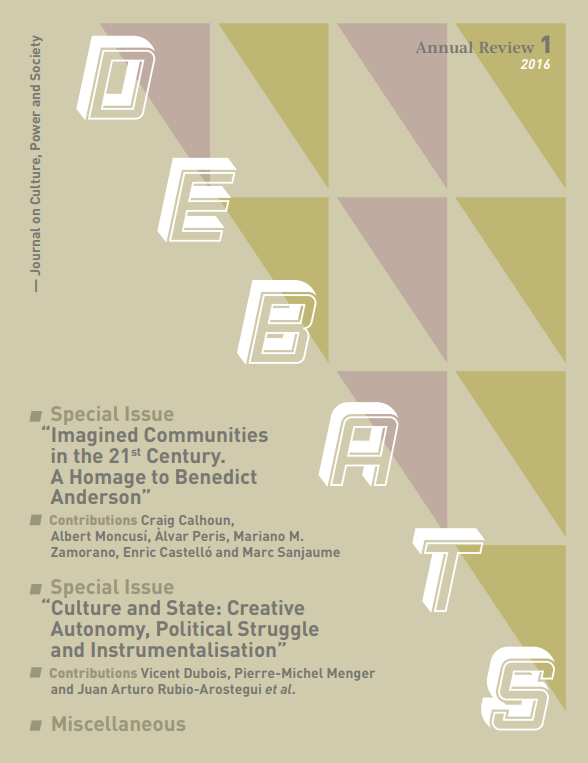Edward Said and exile: a gaze at counterpoint
Abstract
This article sets out to analyse the concept of exile as portrayed in the
work of Edward Said. Our author’s central idea of this term is that even
if the term exile is inconsistent in the metaphorical sense he defends, it
is enriching intellectually, given that from this perspective, it provides a
different vision through which an “exiled” intellectual can analyse the
historical experience. In other words, Said, believes that even authors
who are not exiles in real terms and fully belong to their respective
societies can adopt such a vision. In doing so, a distance is created,
enabling critics to embrace a global vision that transcends ideological
boundaries and facilitates the study of others and their culture within
a humanistic context. The methodology followed in this work sheds
a critical light on the interesting, albeit contradictory, concept of exile
proposed by Said as a tool for cultural studies. In short, to a point, this
essay aims to demonstrate how Edward Said’s approach to the term of
exile is relevant. Indeed, his own work is largely influenced by authors
who have been exiles quintessentially speaking, and who somehow
shaped the critique he put forward during his life.
Downloads
Downloads
Published
How to Cite
Issue
Section
License
Without prejudice to the provisions of article 52 of Spanish Law 22/1987 of November 11 on Intellectual Property, BOE (official state bulletin) of November 17, 1987, and pursuant to said legislation, the author(s) surrender(s) free of charge its rights of edition, publication, distribution and sale of the article, for its publication in Debats. Journal on Culture, Power and Society.
Debats. Journal on Culture, Power and Society is published under the Creative Commons license system in accordance with the «Recognition - Non-Commercial (by-nc) modality: The generation of derivative works is permitted provided that commercial use is not made. Nor can the original work be used for commercial purposes».
Thus, when the author submits his/her contribution, he/she explicitly accepts this assignment of publishing and publishing rights. Authors also authorize Debats. Journal on Culture, Power and Society to include their work in an issue of the journal to be distributed and sold.











